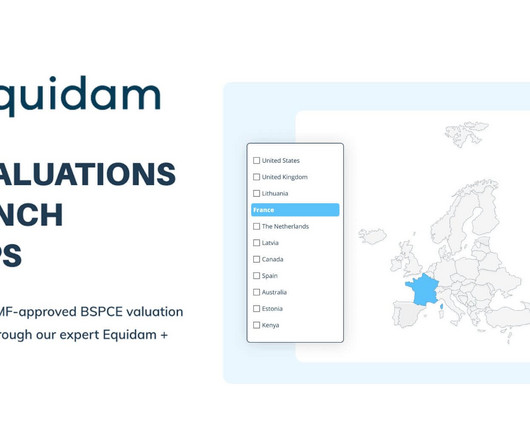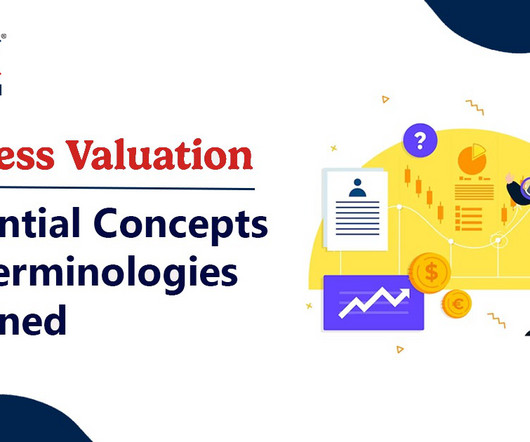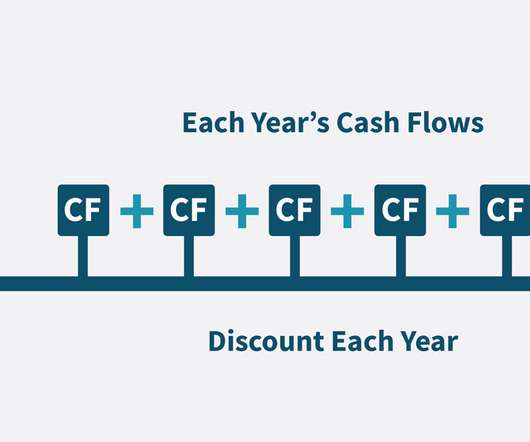How to Get a BSPCE Valuation for Your Startup’s Employee Share Plan
Equidam
JUNE 10, 2025
If you have financial projections, a DCF will use those to estimate what the business is worth today, which in turn informs the share value. Comparables (Market Approach): This involves looking at comparable companies – either publicly traded peers or recent acquisitions of similar startups – to infer your company’s value.















Let's personalize your content